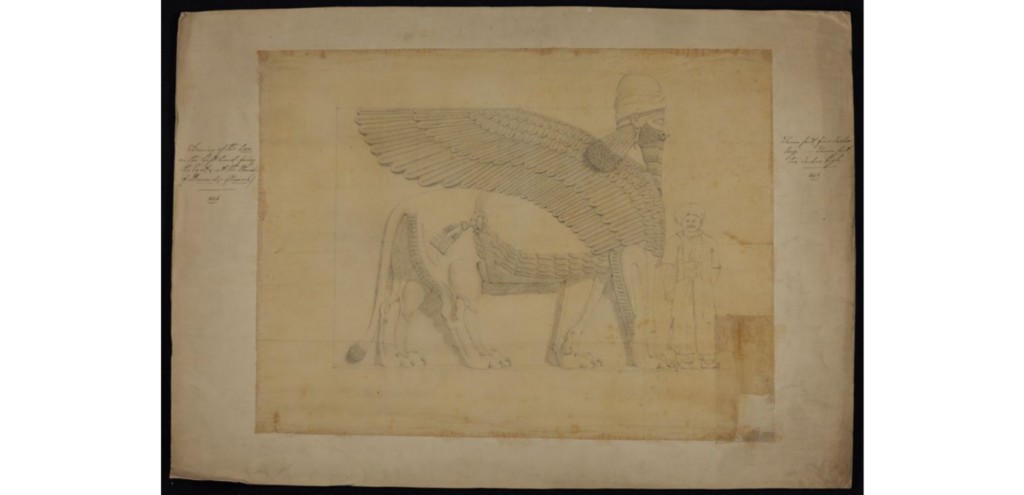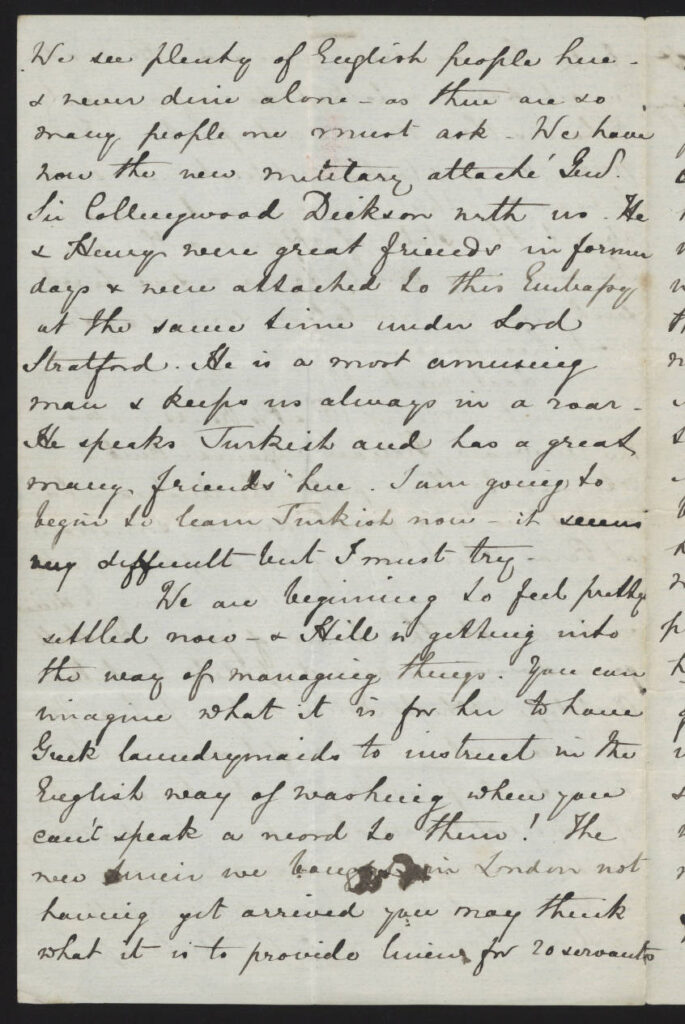October 27th signals 100 years since the Republic of Turkey was proclaimed by Mustafa Kamal Atatürk following the dissolution of the Ottoman Empire in 1922.
An influential archive collection held by Newcastle University Special Collections is the UNESCO International Memory of the World listed Gertrude Bell Archive, a collection of personal correspondence and photographs of explorer, archaeologist and colonial diplomat Gertrude Bell, who witnessed and recorded many significant events involving the Ottoman Empire throughout her life.
In addition to this world famous archive, Special Collections is also custodian of the Sir Austen Henry Layard archive and book collection. Sir Austen Henry Layard was an archaeologist, politician and diplomat who was involved in the colonial administration of the Ottoman Empire in the 19th century. This blog post focuses on some items from the Sir Henry Layard Collection; it provides an additional perspective to elements of colonial administration inherent to understandings of the Ottoman Empire that is available for research through Newcastle University Special Collections
Before Sir Austen Henry Layard embarked on his diplomatic career, he was first and foremost an archaeologist working on excavations at Nimrud and Nineveh, former Assyrian cities in what is now present day Iraq. The following drawing of Lamassu, with handwritten annotations was located in a large red folder with other archaeological drawings and proofs for the publication, Monuments of Nineveh, along with annotated engravings in English and German.

Sir Austen Henry Layard had been on several unofficial diplomatic missions to Constantinople prior to 1845. However, in 1877 he took on the position of Ambassador of Constantinople which shaped his attitude towards the Ottoman Empire and subsequent diplomatic career. Layard’s belief that Britain could encourage administrative reform in the Ottoman Empire through energetic diplomacy and capital investment and that Turkey should receive greater support from Britain as a bulwark against Russian influence in the region often brought him into conflict with prevailing government policy.
Correspondence in the archive details the connection that Layard had with the Turkish Parliament and the Sultan. Events are captured through the writings of Lady Enid Layard (née Guest) to her sister Charlotte Maria Du Cane (née Guest), which also describe elements of local life and family matters.

The letters provide glimpses of a 19th century perspective to locations that would be encompassed by the modern republic of Turkey in the 20th century, whilst providing a flavour of statecraft conditions which would ultimately lead to the dissolution of the Ottoman Empire.
